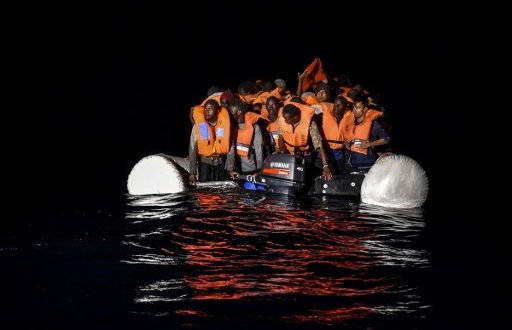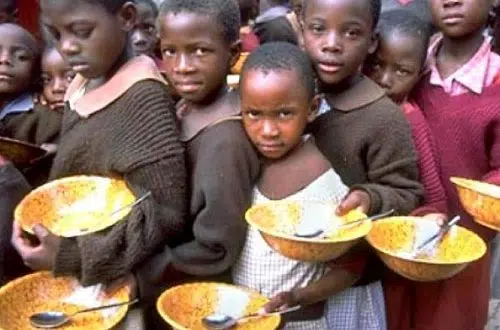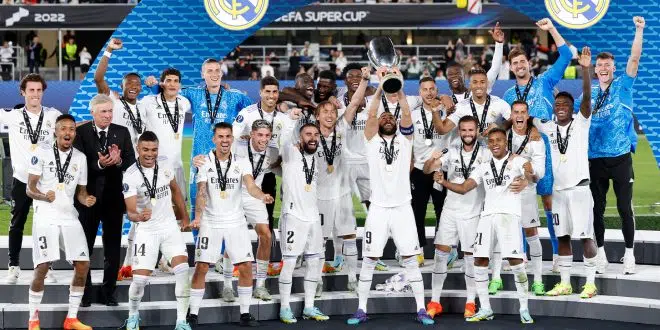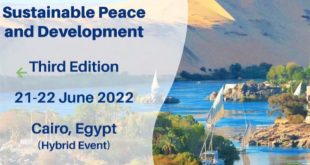Libya’s armed groups must be involved in new peace talks towards ending political division and conflict in the oil-rich country, International Crisis Group said Friday.
“Little progress will be made without involving the most important armed actors in dialogue,” ICG said in a report. “The reset of the mired peace process is imperative.”
Libya has been mired in chaos since the fall of former dictator Moamer Kadhafi in 2011, with a constellation of militias vying for control of the country.
The Brussels-based think-tank said a December 2015 UN-backed deal to resolve the country’s bitter divisions had “reconfigured more than contributed to resolving internal strife”.
Under the agreement, signed in the Moroccan resort of Skhirat, a Government of National Accord would lead the country for two years prior to elections.
The GNA was intended to replace two rival administrations in eastern Libya and the capital Tripoli.
But it has so far failed to win a vote of confidence from the eastern parliament that would give it authority across the country.
On the ground, GNA-allied forces have been fighting since May to oust Islamic State group jihadists from their coastal bastion of Sirte.
In September, forces allied with controversial Field Marshal Khalifa Haftar, who does not recognise the GNA, took over four key oil ports in the so-called oil crescent, east of Sirte.
International Crisis Group warned that pro-GNA forces in Sirte may advance on the oil ports or that Haftar’s forces could move west towards Tripoli, sparking further clashes.
“Avoiding a new confrontation in the oil crescent is particularly urgent,” it said.
Fighting over oil’s vital oil and gas resources could slow down efforts to increase exports, damaging the economy and peace prospects, said ICG.
Meanwhile, a failed peace process would give radical groups the opportunity to regroup, said the think-tank.
It said outside powers pushing for diplomacy are as divided as Libyans.
A group of mostly western countries that supports the GNA has prioritised the fight against IS and controlling migration flows from Libya towards Europe, it said.
But another group including Egypt, the United Arab Emirates and Russia see Haftar’s forces as the nucleus of a future military, and are suspicious of Islamist clout in Tripoli.
ICG said Haftar should not be excluded from the peace process and that his backers should push him to negotiate.






